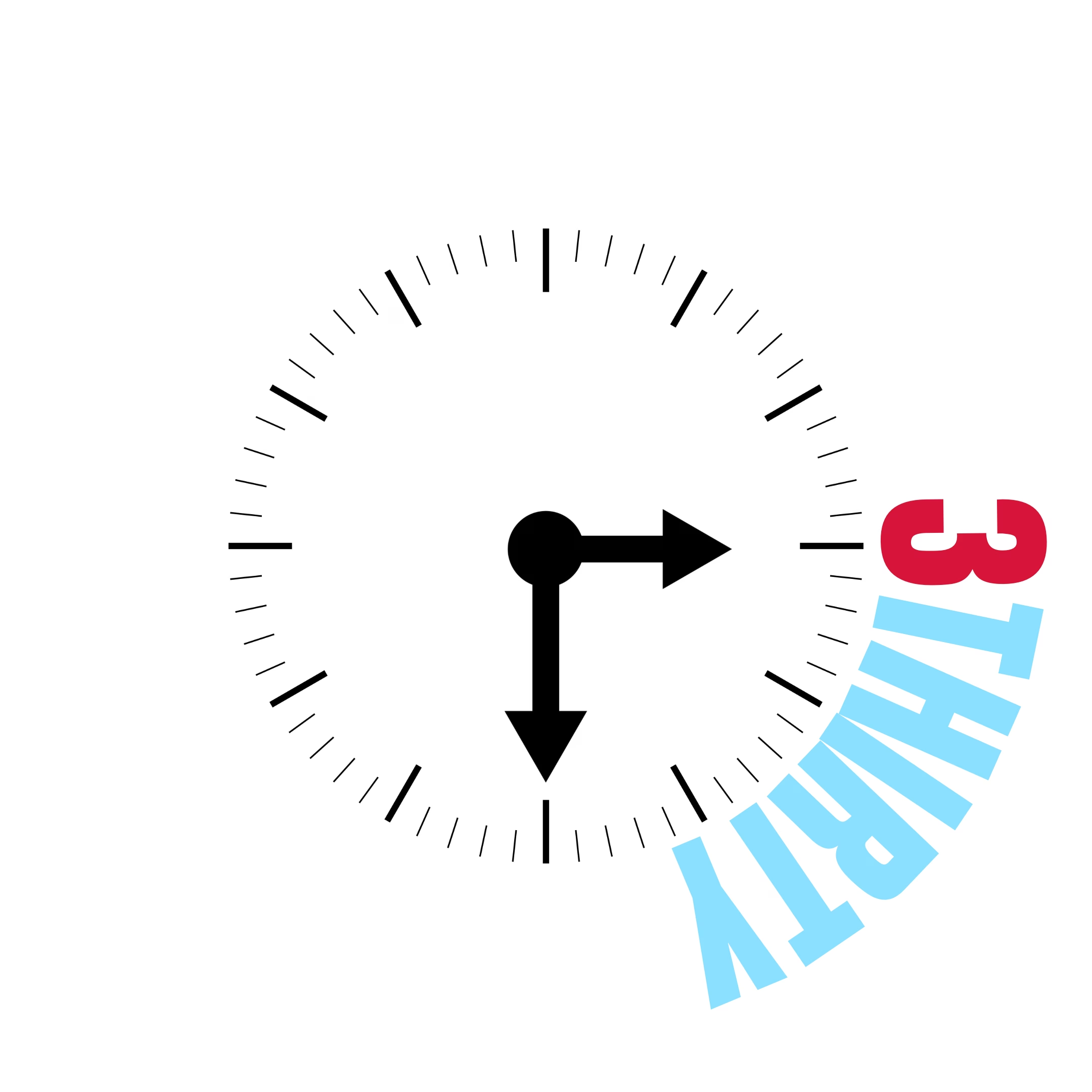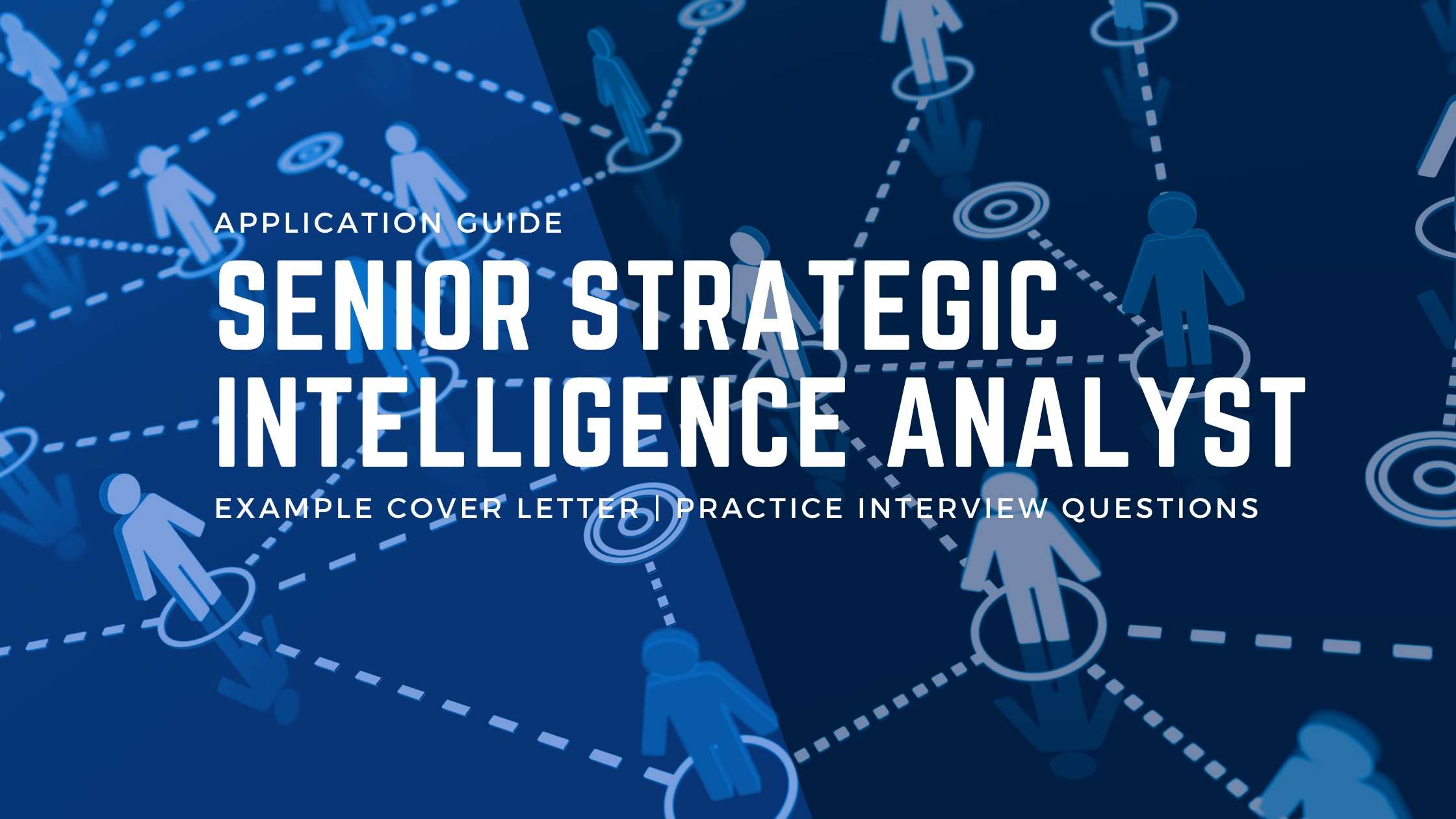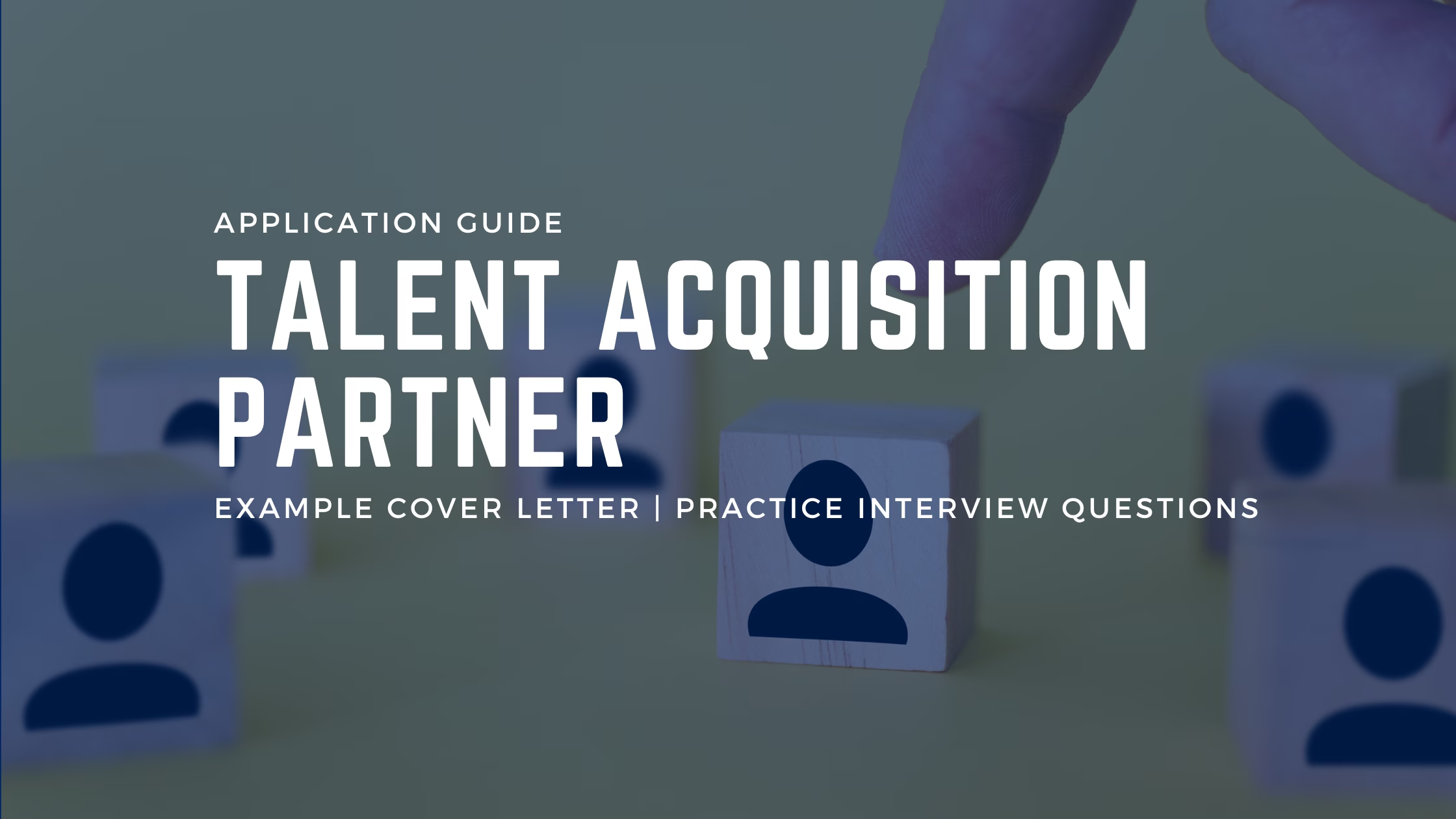The Senior Strategic Intelligence Analyst role at the NSW Police Force offers an opportunity to work in a civilian or unsworn police role, focusing on strategic intelligence, data and trends, and contributing to crime prevention and disruption of organised crime. With a generous salary package, ongoing full-time work, and the ability to influence major decisions at a government level, this position is ideal for professionals seeking promotion in the public sector, or to transition from a similar role in the private sector.
The Senior Strategic Intelligence Analyst position involves analysing data, guiding future-focused initiatives, and mentoring new analysts to ensure the highest standard of intelligence reporting. In this role, you’ll tackle complex projects, collaborate with multiple stakeholders, and generate impactful strategic intelligence that shapes NSW Police efforts across the state.
Your work could play a key part in dismantling crime networks or preventing new criminal trends from emerging.
If you’re new to public sector recruitment, check out this unofficial guide to NSW Public Sector recruitment for more insider tips and context.
Table of Contents
Senior Strategic Intelligence Analyst Salary and Overview
| Position Title | Senior Strategic Intelligence Analyst |
| Organisation/Entity | NSW Police Force |
| Job Location | Sydney – Greater West (Parramatta) |
| Work Type | Ongoing, Full-Time |
| Base Pay | $110,266 – $122,058 (plus 11.5% super and leave loading) |
| Closing Date | 13/04/2025 (11:59 PM) |
About Unsworn Positions In the NSW Police
The Senior Strategic Intelligence Analyst role provides flexible work options (e.g., an 8 or 9-day fortnight) and the chance to shape strategies that combat crime and organised crime in New South Wales. Because it is an unsworn police NSW position, it offers a unique civilian police role within the NSW Police, allowing you to put your intelligence analysis skills to work in a public sector context.
The NSW Police Force is one of the largest and most diverse law enforcement agencies in the western world. As a Senior Strategic Intelligence Analyst within the Strategic Intelligence & Policy team, you’ll focus on future-oriented assessments and insight-driven intelligence. This team tackles everything from high-level organised crime rings to localised issues affecting NSW communities. You will work closely with other specialist commands to create thorough, data-driven intelligence products.
This position combines an understanding of crime and organised crime trends with analytical processes. The ideal candidate is comfortable analysing data and trends, forecasting emerging criminal activities, and shaping response strategies
Challenges for Senior Strategic Intelligence Analyst
Working in a civilian role with the NSW Police can be immensely rewarding, but it also presents distinct challenges. You’ll be expected to:
- Independently lead complex strategic intelligence projects from start to finish.
- Collaborate across multiple NSW Police units, handling sensitive data and forging networks.
- Mentor new analysts, providing support on critical thinking and strategic writing.
- Stay on top of emerging crime trends and adapt swiftly to evolving intelligence demands.
Maintaining a Negative Vetting Level 1 (NV1) security clearance is essential for accessing restricted information.
Balancing multiple deadlines, guiding less experienced team members, and operating in a dynamic environment will test your leadership and technical skills—making success all the more satisfying.
Why the Senior Strategic Intelligence Analyst is a Great Opportunity
Securing a position as a Senior Strategic Intelligence Analyst opens doors to a range of advantages. First, you become part of the NSW Police Force, dedicated to maintaining public safety, which is both prestigious and personally rewarding. You’ll directly apply your intelligence analysis skills and knowledge of strategic intelligence to shape key decisions.
This government job also provides numerous benefits that enhance your professional and personal life:
- Flexibility: Work in a roster that allows for an 8 or 9-day fortnight.
- Career Development: Opportunities to lead projects tackling crime and organised crime.
- Access to Training: Within your first two years you’ll need to complete some exclusive training courses, including Silver Intelligence Professionalisation Pathway, and National Advanced Strategic Intelligence Course.
- Wellness Initiatives: Access to corporate wellbeing programs and in-house gym facilities.
- Direct Community Impact: Contribute meaningfully to public safety as an unsworn police NSW employee.
Additionally, you’ll discover two distinctive perks: hands-on involvement in high-level strategic projects rarely seen in standard intelligence analysis roles, and the satisfaction that your efforts protect communities across NSW in a very tangible way.
Application Requirements for Senior Strategic Intelligence Analyst
Like most public sector recruitment processes, applying for this role follows strict guidelines. Ensuring you provide a well-structured application, including a strong cover letter, is crucial for showing hiring managers your potential. Here’s what you need:
Senior Strategic Intelligence Analyst Application Process
When preparing to apply, carefully review the “How to Apply” details on the IWorkforNSW website. Your application must include:
- An up-to-date resume that clearly shows your expertise in intelligence analysis.
- A cover letter of up to two pages addressing your skills and experience relevant to the role.
- Responses to the two Target Questions (500 words each):
- Describe a piece of strategic intelligence writing you have completed. Who was your audience, what were your considerations, and explain the critical thinking techniques used?
- Describe a project that you have led which involved both internal and external stakeholders. How did you contribute to planning for the delivery of that project? What were your considerations and how did you ensure the project was delivered?
In this recruitment, your cover letter and responses to the target questions are going to be the key things being assessed. They will determine if you proceed to interview, so make sure you get them right.
What to Include in Your Government Cover Letter
For this NSW Police Force Unsworn Role, you will need to ensure that your cover letter addresses:
- Strong knowledge of Strategic Intelligence, crime analysis, and data and trends.
- You need to have a relevant post-graduate level qualification in a related field (law enforcement, research, etc) or equivalent knowledge and experience.
- You must be able to complete a Silver Intelligence Professionalisation Pathway, and National Advanced Strategic Intelligence Course within 2 years.
- Experience in Intelligence Analysis or a related field, such as law enforcement or national security.
- The ability to gain a Negative Vetting Level 1 (NV1) clearance within 12 months.
- Excellent communication skills, especially for creating succinct, future-focused intelligence products.
While not strictly mandatory, the following may strengthen your application:
- Previous exposure to crime and organised crime analysis, either in a government job or a similar intelligence environment.
- Proven ability to mentor junior analysts or lead collaborative teams.
- A background in strategy development or advanced data analytics.
Your cover letter should address the required capabilities and selection criteria. Since the role includes specific Target Questions, it’s essential to answer them thoroughly. While you can enter your responses directly into the text boxes provided in the online application, I highly recommend uploading them as a separate document. This not only allows for clearer formatting and presentation but also makes it easier for the hiring manager to read, review, and assess your responses effectively.
If your background is in a related field but new to NSW Police, weave in experiences that demonstrate your ability to thrive in a Public Sector environment. Use the STAR (Situation, Task, Action, Result) method to structure your achievements. This approach helps to highlight how you adapt to challenges, deliver solutions, and contribute in meaningful ways.
NSW Police Senior Strategic Intelligence Analyst Focus Capabilities
Focus capabilities are central to NSW Public Sector recruitment. To maximize your chances, open the role description and study the capability section at the end closely. Each capability ties to specific behavioural indicators crucial to success as a Senior Strategic Intelligence Analyst.
Below are the focus capabilities for this role. This role has mostly adept level capabilities.
| Capability | Level | Behavioural Indicators |
|---|---|---|
| Display Resilience and Courage | Adept | Be flexible, show initiative and respond quickly when situations change; Give frank and honest feedback and advice; Listen when ideas are challenged, seek to understand the nature of the comment and respond appropriately; Raise and work through challenging issues and seek alternatives; Remain composed and calm under pressure and in challenging situations. |
| Communicate Effectively | Adept | Tailor communication to diverse audiences; Clearly explain complex concepts and arguments to individuals and groups; Create opportunities for others to be heard, listen attentively, and encourage them to express their views; Share information across teams and units to enable informed decision-making; Write fluently in plain English and in a range of styles and formats; Use contemporary communication channels to share information, engage, and interact with diverse audiences. |
| Influence and Negotiate | Adept | Negotiate from an informed and credible position; Lead and facilitate productive discussions with staff and stakeholders; Encourage others to talk, share, and debate ideas to achieve a consensus; Recognise diverse perspectives and the need for compromise in negotiating mutually agreed outcomes; Influence others with a fair and considered approach and sound arguments; Show sensitivity and understanding in resolving conflicts and differences; Manage challenging relationships with internal and external stakeholders; Anticipate and minimise conflict. |
| Deliver Results | Adept | Use own and others’ expertise to achieve outcomes, and take responsibility for delivering intended outcomes; Make sure staff understand expected goals and acknowledge staff success in achieving these; Identify resource needs and ensure goals are achieved within set budgets and deadlines; Use business data to evaluate outcomes and inform continuous improvement; Identify priorities that need to change and ensure the allocation of resources meets new business needs; Ensure that the financial implications of changed priorities are explicit and budgeted for. |
| Think and Solve Problems | Adept | Research and apply critical-thinking techniques in analysing information, identify interrelationships and make recommendations based on relevant evidence; Anticipate, identify and address issues and potential problems that may have an impact on organisational objectives and the user experience; Apply creative-thinking techniques to generate new ideas and options to address issues and improve the user experience; Seek contributions and ideas from people with diverse backgrounds and experience; Participate in and contribute to team or unit initiatives to resolve common issues or barriers to effectiveness; Identify and share business process improvements to enhance effectiveness. |
| Project Management | Intermediate | Promote change processes and communicate change initiatives across the team or unit; Accommodate changing priorities and respond flexibly to uncertainty and ambiguity; Support others in managing uncertainty and change. |
For more details, refer to the NSW Capability Framework. Through this framework, the NSW Police Force sets consistent expectations across civilian police roles, ensuring you’ll be evaluated objectively.
Tailor your cover letter, resume, and responses to highlight how you meet or exceed these focus capabilities. Include references to strategic thinking, effective stakeholder management, problem-solving, and data analysis. This alignment shows your readiness to address the challenges of intelligence analysis and your overall suitability for the job.
Senior Strategic Intelligence Analyst Application Checklist
| Task | Notes |
| Update Your Resume | Emphasise background in Intelligence Analysis or related Government Job experience. |
| Write a tailored Cover Letter | Use a free template: Download here. |
| Address Target Questions | Provide 500-word responses, focusing on strategic intelligence writing and project leadership. Do this in a separate document. |
| Get your cover letter reviewed | Review for only $29. |
| Submit Application | Via the I Work for NSW website before the closing date. |
Candidate Profile
Meet Chloe, an intelligence professional with five years’ experience analysing data and trends related to cyber security. She currently works at a big 4 bank, with a focus on criminal and strategic threats to customer data and banking operations.
She’s seeking a new challenge where she can apply her strategic thinking in a civilian role with NSW Police. Chloe is excited about the impact she can have in tackling serious crime and organised crime at a strategic level. She believes that working as a Senior Strategic Intelligence Analyst not only fits her skill set but also aligns with her desire to influence real change through intelligence analysis.
Example Cover Letter for Senior Strategic Intelligence Analyst
Dear Hiring Manager,
I am writing to apply for the Senior Strategic Intelligence Analyst position within the NSW Police.
With five years of professional experience analysing data and trends related to cyber security at a major bank, I have developed a keen awareness of how criminal and strategic threats can evolve. As someone who is eager to combat serious and organised crime, I believe this position represents the ideal next step in my career and aligns perfectly with my desire to drive meaningful change through intelligence analysis.
My background includes a postgraduate degree in a research-based discipline (Graduate Certificate in Intelligence Analysis) that allowed me to hone my investigative skills. This academic foundation, coupled with my on-the-job experience, has equipped me with the methodological rigour to identify emerging threats and communicate them succinctly.
I understand that the role requires the ability to complete both the Silver Intelligence Professionalisation Pathway and the National Advanced Strategic Intelligence Course within two years. I am fully prepared to meet these expectations, as I am accustomed to balancing professional responsibilities with ongoing professional development. Furthermore, I am aware of the need for a Negative Vetting Level 1 (NV1) clearance, and I am confident that my background in banking security—where I handle sensitive, high-stakes data—places me in an excellent position to meet the security requirements of the NSW Police.
In a recent case at my current role, I was tasked with pinpointing the source of a sophisticated cyber intrusion that targeted sensitive customer data. Drawing on my expertise in data analytics and crime analysis, I gathered data logs from multiple systems and cross-referenced emerging patterns with national threat alerts. This approach enabled me to isolate the malicious access point, and also prompted upgrades to critical infrastructure and policies. Consequently, the bank safeguarded client information while mitigating the risk of future infiltration. This experience speaks to my proficiency in applying strategic intelligence principles, especially when confronting criminal methods that have wide-reaching impact.
Another example that highlights my capabilities involved detecting an organised network attempting to exploit financial products for money laundering. I was responsible for creating a future-focused intelligence product, being an all-staff presentation of analysis, outlining both current vulnerabilities and likely next steps by the perpetrators. Using my communication skills, I liaised with internal fraud teams, external investigators, and legal counsel to share real-time insights while maintaining full confidentiality. This collaborative effort ensured decision-makers had a clear, actionable roadmap for mitigating risk, ultimately leading to an effective disruption of the criminal threat. These situations demonstrate my adaptability and my commitment to clear, evidence-based reporting, qualities that I am keen to bring into the NSW Police environment.
Above all, I am drawn to this role because I believe my passion for strategic thinking, coupled with my proven ability to translate complex data into actionable intelligence, will directly support the NSW Police mission to protect the community.
I take pride in producing succinct, future-focused intelligence products, and I am well-versed in communicating findings to audiences with varying levels of technical understanding. It is clear that these skills, together with my readiness to meet the training requirements, make me a strong candidate for the Senior Strategic Intelligence Analyst position.
I’ve attached my responses to the two target questions on a separate page.
I welcome the opportunity to further discuss how my background can contribute to the NSW Police’s vital work. I look forward to the chance to join your team.
Thank you for considering my application.
Sincerely,
Chloe
Senior Strategic Intelligence Analyst Target Question Responses
Describe a piece of strategic intelligence writing you have completed. Who was your audience, what were your considerations, and explain the critical thinking techniques used?
During my tenure at a major financial institution, I was tasked with producing a comprehensive strategic intelligence assessment focusing on emerging cyber threats targeting customer data. The primary audience for this document included senior executives within the bank’s cyber security division, as well as legal and compliance teams responsible for developing policies to protect sensitive information. My main considerations involved balancing the need for technical precision with the requirement to present clear, actionable insights that decision-makers could readily understand. I also needed to ensure that the intelligence product was free from any unintended biases and directly aligned with the bank’s strategic objectives.
To achieve this clarity and relevance, I drew from multiple data sources, including threat intelligence feeds, internal network logs, and third-party security reports. One critical thinking technique I employed was the Key Assumptions Check, which involved systematically questioning the validity of each data point and assumption in order to identify potential blind spots in our analysis. For instance, when analysing anomalous login patterns, I challenged initial assumptions about whether these patterns truly indicated malicious intent or were instead caused by legitimate user behaviour. Conducting this check helped me refine the findings and ensure that my final recommendations were based on substantiated evidence rather than speculation.
Another important element of my approach was the use of structured analytical techniques like the Analysis of Competing Hypotheses (ACH). By generating multiple hypotheses and weighing them against the available evidence, I was able to highlight the most likely cyber threat trajectories while acknowledging alternate scenarios. This was particularly useful given the constantly evolving tactics of cybercriminals. It also allowed me to demonstrate transparency in how conclusions were reached, offering executive stakeholders a clear understanding of potential risks along with the rationale behind each recommendation.
Ultimately, the final strategic intelligence product set the foundation for a more proactive risk management strategy within the bank. Senior leaders cited its clarity and methodological rigor as key factors in guiding their policy decisions, including investments in upgraded detection systems and additional staff training. Equally importantly, the assessment became a model for future intelligence products, prompting a shift toward consistently applying structured critical thinking frameworks. The positive response reinforced my belief in the power of strategic intelligence writing that leverages systematic techniques, is grounded in evidence, and is tailored to the unique demands of high-level stakeholders seeking actionable guidance.
Describe a project that you have led which involved both internal and external stakeholders. How did you contribute to planning for the delivery of that project? What were your considerations and how did you ensure the project was delivered?
One of the most significant projects I led involved coordinating an investigation into a complex cyber fraud network that required collaboration between my internal threat intelligence team at the bank and external partners, including law enforcement agencies and specialised cybersecurity firms. My primary role in planning the project was to define clear objectives, outline the scope of the investigation, and establish a timeline that included key milestones for data collection, analysis, and actionable reporting. From the outset, I identified that the project’s success would hinge on the effective integration of multiple perspectives, each bringing unique expertise and resources.
When first scoping the project, I was mindful of potential jurisdictional overlaps and varying compliance requirements. To address this, I facilitated early conversations between our legal team and external counterparts to clarify legal boundaries and reporting obligations. This step proved crucial in ensuring that we could securely share intelligence while protecting sensitive customer information. I then set up regular meetings, which served as checkpoints for each party to present updates, discuss challenges, and realign tasks where necessary. My strategy included establishing a shared document repository, which allowed each stakeholder to track developments and contribute relevant data.
Throughout the process, I made sure to employ strong communication and stakeholder management skills to keep all parties engaged and informed. Early on, I recognised that conflicting priorities could arise if the project timeline did not remain front and centre. To mitigate this, I provided transparent progress reports to both internal executives and external law enforcement contacts, emphasising how each phase of the project aligned with our shared goal of preventing substantial financial loss and curtailing criminal operations.
In one instance, we discovered suspicious activity that required immediate deep dive forensics. I mobilised our cybersecurity firm partners and internal data analysts by assigning specialised roles with clear tasks, securing additional resources, and facilitating cross-team discussions. As a result, we were able to trace the fraudulent transactions to a specific network of accounts and present evidence to relevant authorities, leading to swift countermeasures.
Ultimately, the project concluded on schedule, generating a playbook of enhanced procedures for detecting and responding to cyber fraud. It also strengthened our relationships with external agencies by demonstrating our commitment to effective, evidence-based collaboration. I consider this experience a hallmark of my capacity to lead multifaceted projects, ensure timely delivery, and maintain focus on strategic outcomes despite the complexity of working across institutional boundaries.
How To Use the STAR Technique
The best way to answer targeted questions and demonstrate your suitability in a NSW job application is to use the STAR (Situation, Task, Action, Result) technique. It ensures your answers are structured, logically sound, and directly linked to the role’s focus capabilities.
Situation: Briefly describe the context or challenge.
Task: Outline your specific responsibility.
Action: Detail the steps you took to address the challenge.
Result: Highlight the outcome, emphasising what you achieved or learned.
In the example cover letter above, you can see how real-life scenarios are woven into a cohesive narrative, illustrating both problem-solving abilities and achievements. This clarity and thoroughness are crucial in public sector recruitment and help distinguish top candidates for the Senior Strategic Intelligence Analyst role.
How to Prepare for a Public Sector Interview
Public sector interviews, especially in the NSW Police Force, focus on your ability to demonstrate key capabilities and core values. Here are some steps to help you stand out:
- Review the Focus Capabilities: Carefully read the behavioural indicators in the role description so you know what the panel is looking for.
- Brainstorm Examples: Reflect on your past experiences that align with these capabilities, particularly those involving strategic intelligence or crime and organised crime analysis.
- Match to Indicators: Ensure your stories specifically illustrate how you meet each capability—for instance, highlighting how you maintain data and trends analyses.
- Use the STAR Method: Present your anecdotes through Situation, Task, Action, and Result to provide clarity and impact.
- Practise & Use Notes: If allowed, bring key notes into the interview. If not, rehearse them thoroughly so they stay fresh in your mind.
Three questions you might encounter include:
- Describe a situation where you had to explain a complex concept to someone unfamiliar with the topic. How did you tailor your communication to suit the audience?
- Describe a challenging relationship you had to manage with an internal or external stakeholder. What was the conflict and how did you address it?
- Tell us about a time when you identified a priority shift or change in direction. How did you adjust your approach to ensure your goals were still met?
Most of the focus capabilities for this role are at the adept level. For more practice government interview questions, download the adept level public sector interview workbook. Workbooks include practice questions for every single public sector capability and examples of how to structure your answers.
Time To Start Your Application
First step is to Click here to apply on the I Work for NSW site. Submissions close 13/04/2025, but I recommend that you start the online application now to begin filling out all the fields required.
You also need to update your CV, and write a strong government cover letter. If you want to ensure you stand out, get me to review your cover letter before you hit submit. It’s by far the easiest and best way to significantly boost your application’s success.





